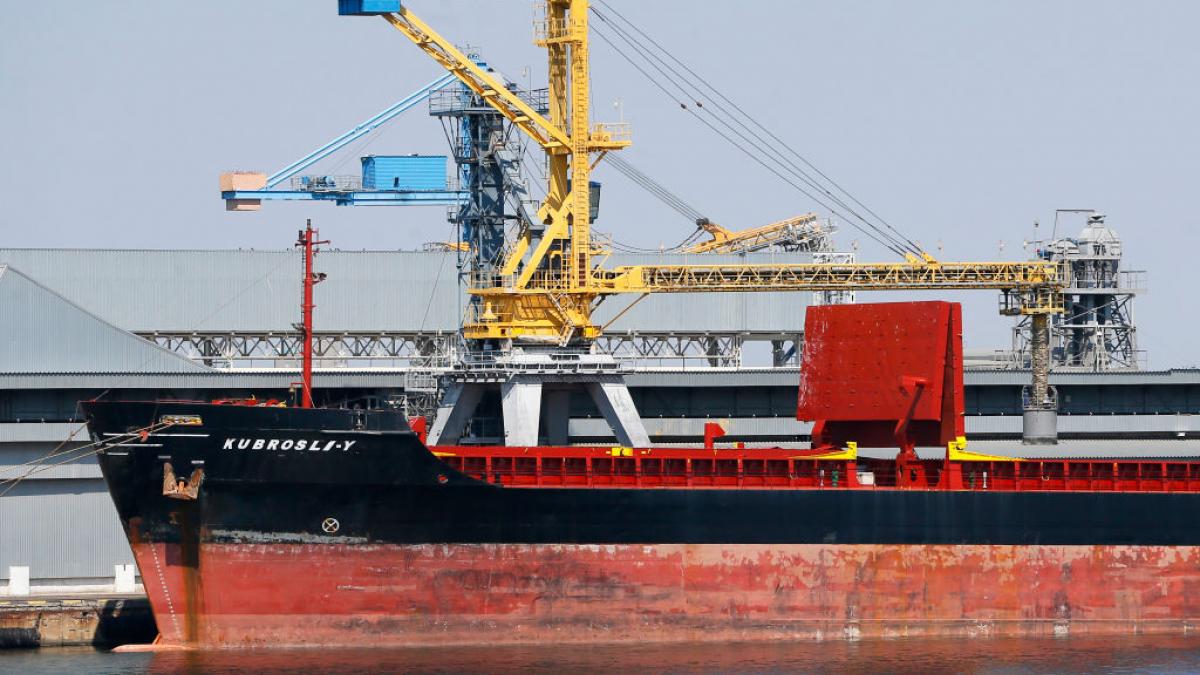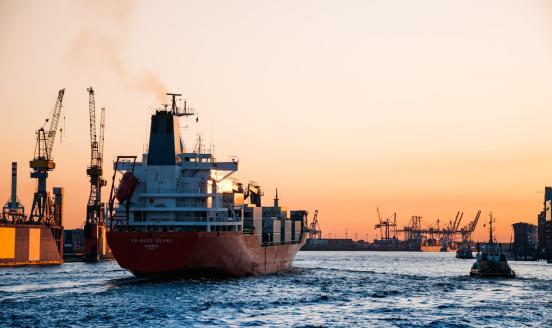Russian foreign trade tracker

First published: 10 October 2022
Latest update: 20 February 2024
Following Russia’s invasion of Ukraine, the Central Bank of Russia stopped publishing detailed trade data but continued releasing summary indicators, such as for the current-account surplus, which reached its highest-ever level in the second quarter of 2022.
To track Russian foreign trade, this dataset collects detailed trade data from European Union countries, China, the United States, South Korea, Japan, India, the United Kingdom, Turkey, Switzerland, Norway, Brazil, and Kazakhstan. These 38 countries accounted for 80% of Russia’s exports and imports in 2019.
This dataset updates and extends most of the data used in the works:
- Darvas, Zsolt and Catarina Martins (2022) ‘The impact of the Ukraine crisis on international trade’, Bruegel Working Paper 20/2022
- Darvas, Zsolt and Catarina Martins (2022) ‘Russia’s huge trade surplus is not a sign of economic strength', Bruegel Blog
This dataset will be updated monthly. Data may change for earlier months due to revisions in the underlying data.
-
Data is updated up to December 2023; for South Korea, Norway and Brazil, January 2024 data is already available.



